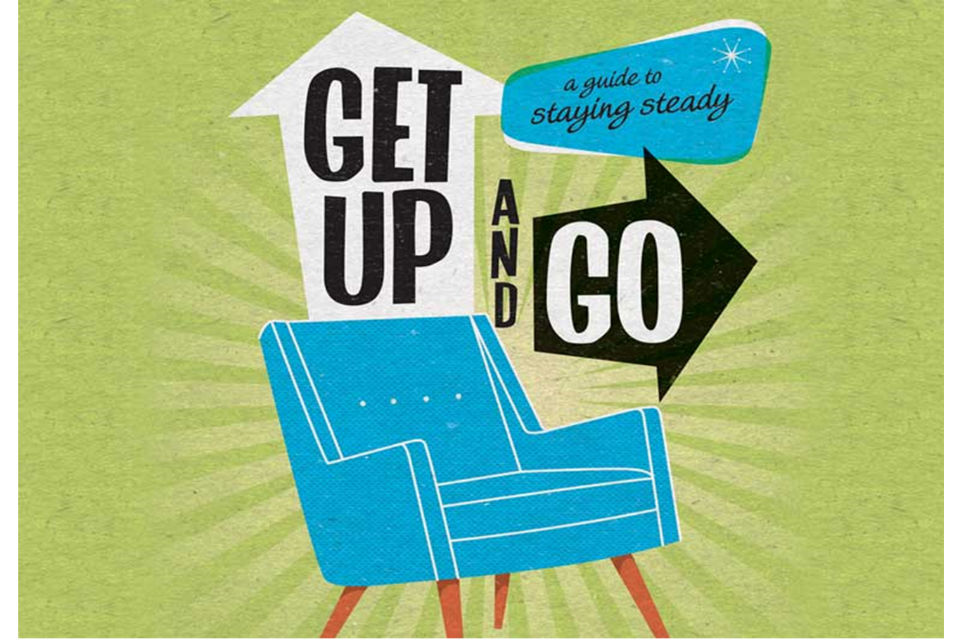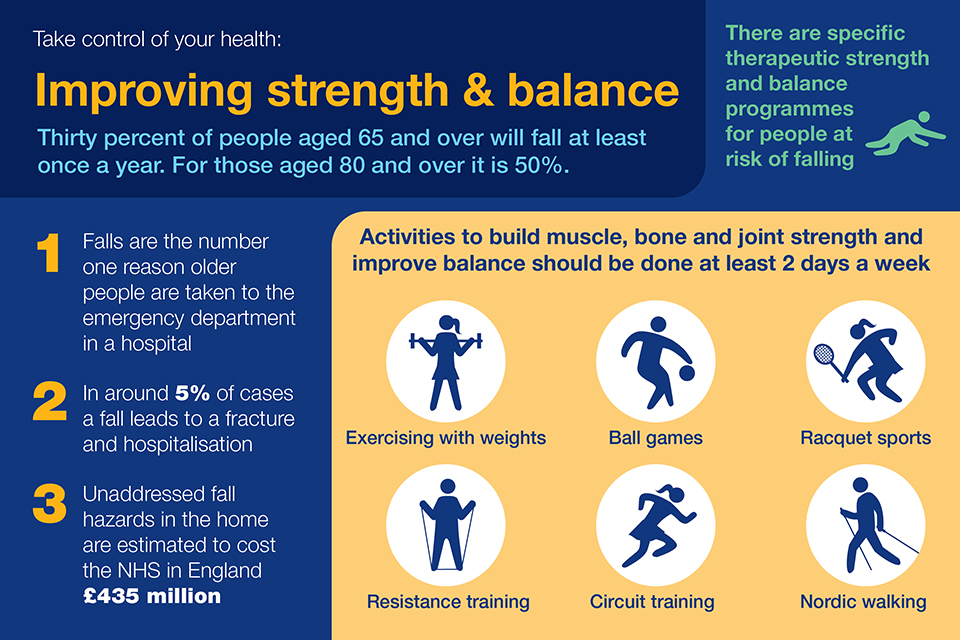Dementia Fall Risk Things To Know Before You Get This
The 2-Minute Rule for Dementia Fall Risk
Table of ContentsThe Greatest Guide To Dementia Fall RiskThe Ultimate Guide To Dementia Fall RiskThe Best Guide To Dementia Fall RiskA Biased View of Dementia Fall RiskThe smart Trick of Dementia Fall Risk That Nobody is Discussing
Ensure that there is a marked location in your medical charting system where staff can document/reference ratings and document appropriate notes related to fall prevention. The Johns Hopkins Fall Risk Assessment Tool is one of lots of devices your team can utilize to help protect against damaging medical events.Patient falls in health centers prevail and incapacitating adverse events that continue regardless of years of initiative to minimize them. Improving communication across the analyzing nurse, treatment team, person, and person's most involved family and friends may strengthen loss prevention efforts. A group at Brigham and Women's Hospital in Boston, Massachusetts, sought to establish a standardized autumn prevention program that focused around boosted communication and individual and family interaction.

The innovation team stressed that effective execution relies on patient and personnel buy-in, assimilation of the program into existing process, and integrity to program processes. The team kept in mind that they are grappling with just how to guarantee connection in program application throughout periods of situation. During the COVID-19 pandemic, for example, an increase in inpatient drops was related to constraints in individual engagement along with constraints on visitation.
Top Guidelines Of Dementia Fall Risk
These occurrences are typically thought about avoidable. To execute the intervention, organizations need the following: Access to Fall TIPS resources Loss pointers training and re-training for nursing and non-nursing team, consisting of new registered nurses Nursing workflows that enable client and family engagement to conduct the falls analysis, guarantee use the prevention plan, and perform patient-level audits.
The outcomes can be extremely damaging, often accelerating client decline and creating longer healthcare facility remains. One research study estimated stays increased an extra 12 in-patient days after a client fall. The Fall TIPS Program is based upon engaging patients and their family/loved ones across three main procedures: assessment, customized preventative interventions, and auditing to make sure that patients are engaged in the three-step autumn prevention procedure.
The patient evaluation is based upon the Morse Loss Scale, which is a verified autumn danger analysis tool for in-patient healthcare facility setups. The scale includes the 6 most common factors individuals in medical facilities drop: the client loss history, high-risk problems (consisting of polypharmacy), use of IVs and other outside gadgets, mental status, gait, and wheelchair.
Each threat aspect web links with several workable evidence-based interventions. The registered nurse develops a plan that includes the interventions and shows up to the care team, person, and household on a laminated poster or published aesthetic help. Nurses create the plan while meeting the client and the individual's family.
9 Easy Facts About Dementia Fall Risk Shown
The poster serves as a communication tool with other members of the client's care team. Dementia Fall Risk. The audit part of the program consists of assessing the patient's knowledge of their threat factors and avoidance strategy at the device and healthcare facility degrees. Registered nurse champs carry out at the very least 5 individual interviews a month with clients and their households to examine for understanding of the loss avoidance strategy

A projected 30% of these falls result in injuries, which can vary in severity. Unlike various other unfavorable occasions that call for a standard medical reaction, loss avoidance depends extremely on the demands of the patient.
Not known Facts About Dementia Fall Risk

Based upon bookkeeping results, one website had 86% compliance and 2 websites had over 95% compliance. A cost-benefit analysis of the Autumn TIPS program in eight health centers estimated that the program expense $0.88 per person to implement and led to savings of $8,500 per 1000 patient-days in direct prices related to the prevention of 567 tips over three years and 8 months.
According to the technology team, companies thinking about implementing the program needs to conduct a preparedness assessment and falls avoidance gaps evaluation. 8 Furthermore, organizations should ensure the essential facilities and workflows for application and create an implementation plan. If one exists, the organization's Loss Prevention Job Force should be associated with planning.
The Greatest Guide To Dementia Fall Risk
To start, organizations need to ensure conclusion of training components by registered nurses and nursing aides - Dementia Fall Risk. Healthcare facility team ought to examine, based upon the requirements of a medical facility, whether to use a digital health and wellness record hard copy or paper variation of the fall avoidance strategy. Carrying out teams should hire and train registered nurse champions and establish procedures for auditing and reporting on autumn data
Team need to be associated with the procedure of revamping the workflow to involve clients and family members in the analysis and prevention plan procedure. Systems must be in area to ensure that units can comprehend why an autumn occurred and remediate the reason. More particularly, nurses must have networks to supply ongoing responses to both personnel and device leadership so they can readjust official statement and improve autumn avoidance workflows and connect systemic problems.